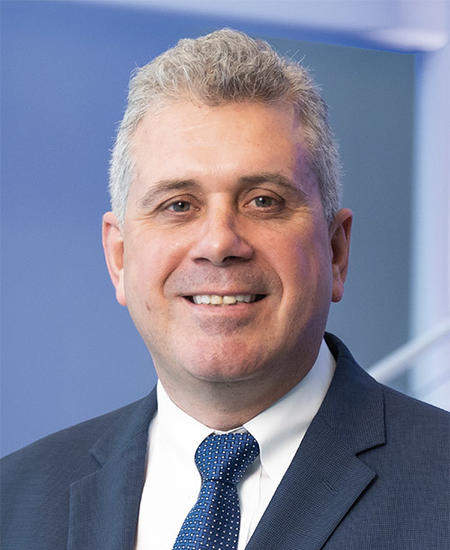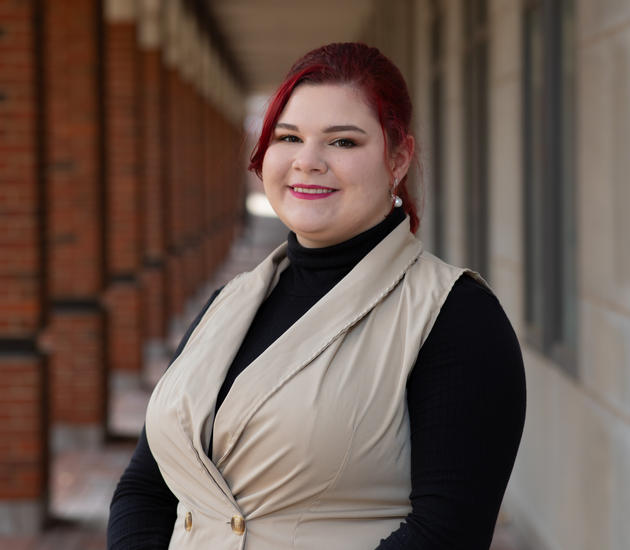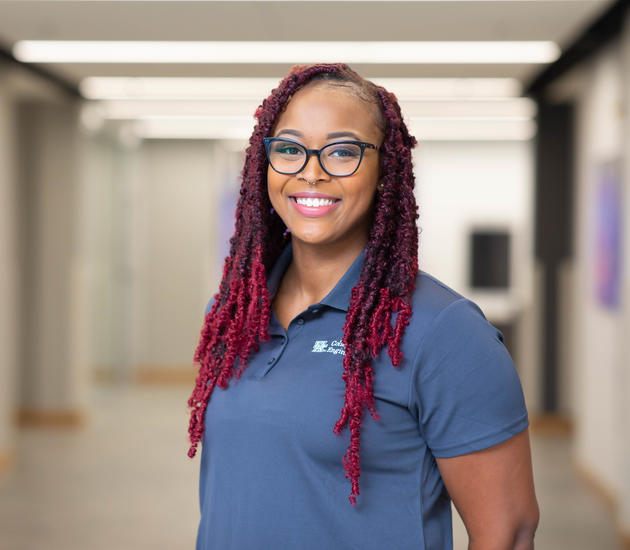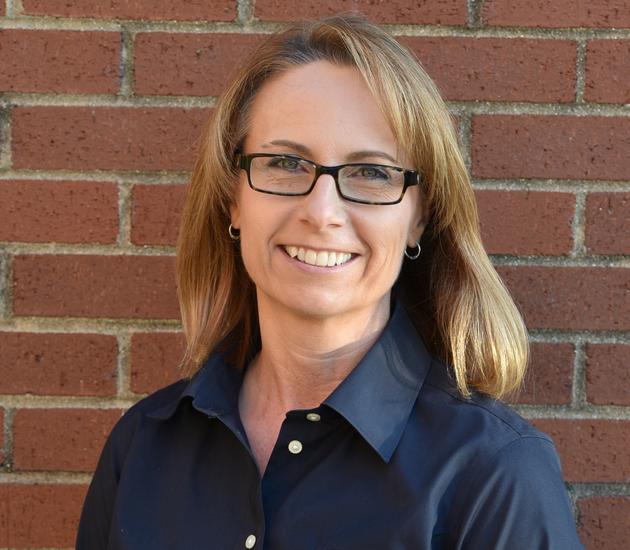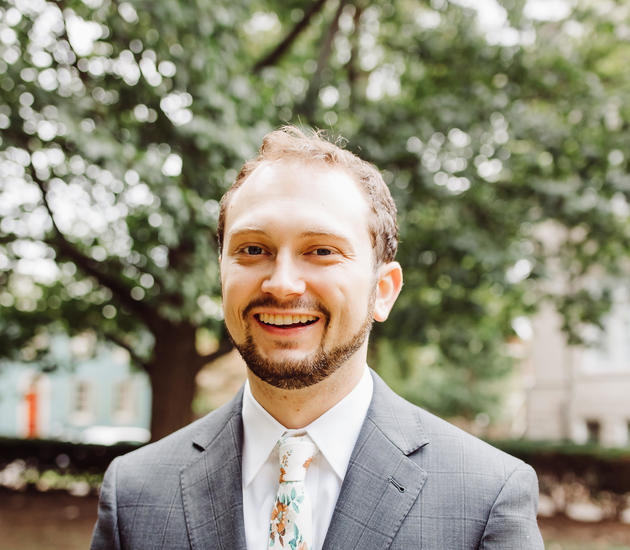By Dr. George Wright, Interim Vice President of Institutional Diversity
These are words that Rudy Buchheit, dean of the College of Engineering and member of the DEI leadership team, recently shared in a letter to college alumni.
I am inspired by them, and I am inspired by his action. For years, even before he came to this university, he emulated these words in his actions, both in his professional life and personal. In fact, within a year of taking office, Buchheit welcomed more than 20 new tenure-track faculty members to the college, nearly half of whom are from underrepresented groups.
We had the opportunity to sit down with Dean Buchheit over Zoom to hear about his perspectives on his work at the college and institutional levels.
In your perspective, and at UK and college of engineering, how would you explain DEI?
I always think about two pieces to this puzzle. Diversification is associated with recruitment, and we think about it as recruitment of people, but it's also for recruitment and incorporation of new perspectives and new ideas. The easiest way to get new perspectives and new ideas is to recruit people with different experiences.
Engineering is very different than the rest of campus. We're only about 21% women among our students and 24% women amongst faculty. We’re working on diversifying the college as a whole.
The other important part is about equity and inclusion. Equity creates inclusion, and that's what you do when you have diversified the people. How do you make it so everyone can contribute fully to the greatest of their abilities and then benefit fully from that engagement? Everyone has their own sets of needs—that’s equity, not equality. It’s about getting people what they need to benefit fully. We hope that leads to a culture and a climate of belonging—that’s inclusion. That feeling of fulfillment is what contributes to our community.
Creating that belonging is difficult. That is the harder of the two things, and that’s where being intentional is so important. You have to slow down, then you have to work upstream a little bit.
While engineering is one of the least diverse professional fields, our diverse student groups let us create community for underrepresented persons in our field. They’re very much a part of the forward identity of any college of engineering. They’re also the most active student organizations.
Engineering students are inherently going to put an enormous amount of effort into their education. There’s an emergence of what engineering can do – humanitarian engineering – that the students are really drawn to.
Can you tell us more about your roles on the leadership team and as a project lead?
I’ve been engaged in diversity work for years. I went to a workshop held by the National Science Foundation (NSF) on gender equity in material science in 2007. The engineering field has experienced the issues of gender equity and ethnic diversity for years.
When I was at Ohio State, I became heavily involved in this type of work. I was also, at that time, sitting in a position where I was guiding the college’s faculty hiring process.
When I came here to UK, I knew my past experience would provide an opportunity for me to get involved here. I joined the senate advisory committee on diversity and inclusion, and I was very vocal in the dean’s meetings.
Now, I work with Joia Patterson on Project 2: Employee Recruitment and Retention. Joia is in Human Resources and works with recruitment and retention of UK employees. I have a background and experiences with faculty recruitment, and she does in staff recruitment, so we're a good team together. We're trying to bring forward all the good ideas from across campus and prioritize those in the set of recommendations for university to consider launching.
It’s interesting to participate in this diversity leadership group as well. What I’ve realized is that a lot of my work in the past has been with people like me. This group is strong because it’s not that way, and the perspectives are noticeably different.
Since you’ve been involved in this work for years, do you see this time as any different?
Yes, I think it is different. For the past couple years, the national dialogue has gotten increasingly polarized. I think there are a lot of sentiments and feelings that got buried in the background which are now taking more public posture in a dimension that is much more palpable.
Certainly, the events this year have brought many issues to the surface. There's greater awareness of where people stand and where they're coming from. It's really uncomfortable now, and it could really be uncomfortable in the future. But ultimately, I think it's important that we know where the range of opinions fall, and that we understand the background as to why the people hold the positions they hold. We need to understand our own motivations and the motivations of those with whom we are trying to have a conversation. I think it can be painful, but it’s necessary.
I also think we’re going to get through this with sustained commitment over time. As tough as it is and as tough as it’s going to be, we need to keep up with this work. There’s a lot to learn in all of this. Everyone has experience being put down by someone, but when an individual has that happen to them every day, that’s not right, and we must act.
